We at Indian Food Therapy brings the Sabja seeds history & its benefits, that is also known as basil seeds or Tukmaria, are tiny black seeds derived from the sweet basil plant. These seeds are used in Indian and Southeast Asian cuisines as a spice and a natural thickening agent. Sabja seeds are also used in traditional medicine to treat various ailments like Digestive issues, Respiratory problems, and Skin disorders.
Thanks to Aiman Khan for giving this historical information about Sabja seeds. So, explore the story of the herbal seeds which is a integral part of Indian Cuisine.
History of Sabja Seeds
The Ocimum tenuiflorum plant has more than 1000 years of History & mentioned in ancient Indian texts. These seeds are commonly found in Indian homes and are considered by some botanists to be the true sweet basil and one of the most fragrant species of Ocimum in India. These seeds were introduced into Bengal from Madras and successfully propagated from seed. It flowers primarily during the rainy and winter seasons, with seeds maturing during the summer.
These seeds are known by many other Indian vernacular names, including Sabja seed, Tulsi seeds, Tukmaria in Hindi, Basil seeds in English, Thiruneetru Patchai Vithai in Tamil, Tukh Malanga in Urdu, and Falooda seeds in Arabic.
Origin of Sabja Seeds
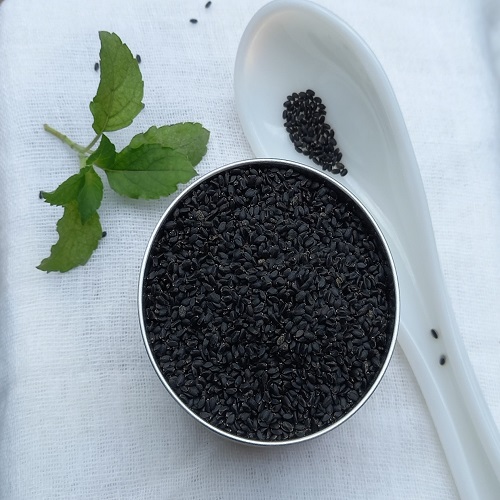
This herb belongs to the genus Ocimum, which contains over 150 species worldwide. The African continent is home to the majority of these aromatic bushes. According to research conducted in 2017, basil is grown in several Asian countries, including Iran, India, and Turkey.
In India, it originated in the lower hills of Punjab and Himachal Pradesh and is now grown throughout the country. It is also grown in Southern France, Egypt, Belgium, Hungary, and other Mediterranean countries, as well as the United States.
Tiny Black Wonders with Big Health Benefits
We are all aware of the immune-boosting properties of Holy Basil, but it is not only the herbs of this plant that are beneficial, the seeds are as well. Sabja seeds are not only rich in antioxidants but also help in controlling diabetes and are good for your skin.
Other Benefits of Basil Seeds
Cools the body
Tukhmalanga seeds are mixed with water or coconut milk to make refreshment drinks. They are among the most efficient body coolants. Simply combine two teaspoons of Tukhmalanga with a chilled glass of milk, rose syrup, and sugar, and your body will be ready to cool down internally.
Controls the Sugar level
These seeds slow down your body’s metabolism, allowing you to control the conversion of carbohydrates into glucose. Before breakfast, a glass of milk or water soaked with basil seeds makes a deliciously healthy and stomach-filling drink.
Relieves Bloating and Constipation
Falooda seeds contain volatile oils that, when taken with a glass of milk before bed for a few days, remove gas from the digestive tract and aid in digestion.
Aids in Weight Loss
Tukmaria seeds have fibre and protein that tend to stay in your digestive system for a little while longer, keeping you full and preventing you from reaching for unhealthy snacks. This aids in weight loss or weight maintenance.
Reduces Stress and Anxiety
Sabja seeds can relax the body and the mind. As a result, we feel less stress, tension, and worry, which makes us happier. The study also showed that hormonal changes lead to more emotional alterations in women’s relationships with their families and society at large. Thus, including the consumption of these superfoods in their diets is recommended.
Provides the necessary fibre
Just 1 tablespoon (13 grams) of basil seeds contains 7 grams of fibre, as well as iron, vitamin K, and protein, which are said to be essential minerals for long and strong hair.
Why should you add it to your diet?
The hottest months, May and June, are just around the corner, and the environment that we will all be surrounded by will have an inverse impact on our minds and body. Conditions such as dehydration, heart stroke, loss of appetite, food poisoning, and so on all harm our digestive system during the summer season.
According to the study, our body expends 80% of its energy on secretion, absorption, and assimilation processes. One should not overburden the work by eating heavy and greasy foods; instead, eat clean and healthy home-cooked food to keep your body light and hydrated. Consuming foods/fruits that contain water reduces your reliance on junk foods.
Including Sabja seeds, Sattu, and Khus-infused water in our diet helps to keep our bodies cool and alkaline. Avoid colas, teas, coffee, and other acidic beverages because they raise the level of acidity in your body. The more acidic your body is, the more vulnerable it is to various diseases, whereas alkaline water protects our body from diseases.
Nutritional Value of Sweet Basil Seeds
- They have a modest calorie count and 42% carb content.
- 20% of the protein, contains 25% healthy fats.
- These seeds are high fibre content. A top-notch supplier of omega-3 fatty acids. Rich in calcium, magnesium, manganese, potassium, copper minerals, Folates and vitamin C.
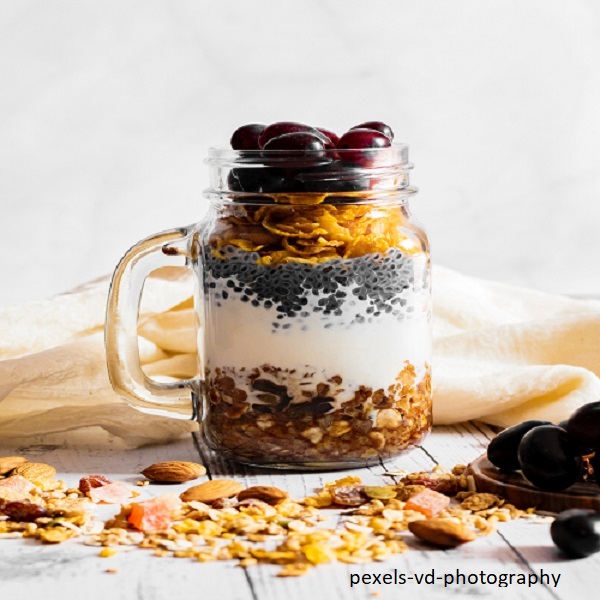
Amazing Facts about this Superfood
Best way to raise a productive crop of basil- According to early Greek and Roman physicians, was to distribute the seeds while cursing and stamping your feet. The theory might have had some basis because basil seeds swiftly grow when planted far apart under a thin, hard layer of soil.
When the experts used hyperspectral imaging analysis (HIA) to differentiate their origins. The study found that the seed colour value was very similar in different origins. But properties such as moisture content, crude lipid content, and dominant wavelengths were very useful in classifying basil seeds. Other characteristics, such as fatty acid and total phenolic compounds, did not provide the foundation for good discrimination.
Overall, Sabja seeds are a versatile ingredient with a unique texture and flavour that can add a healthy twist to various recipes.
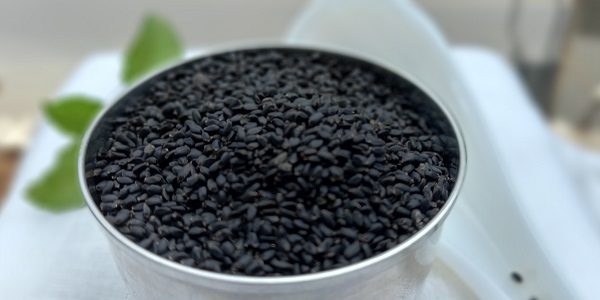
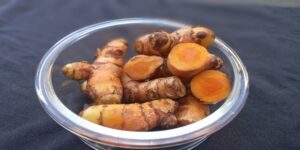
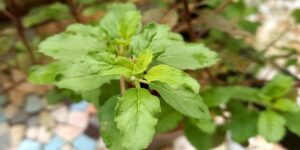
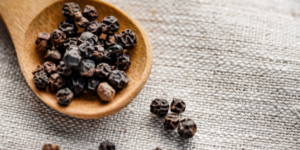
Good information.